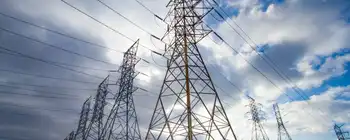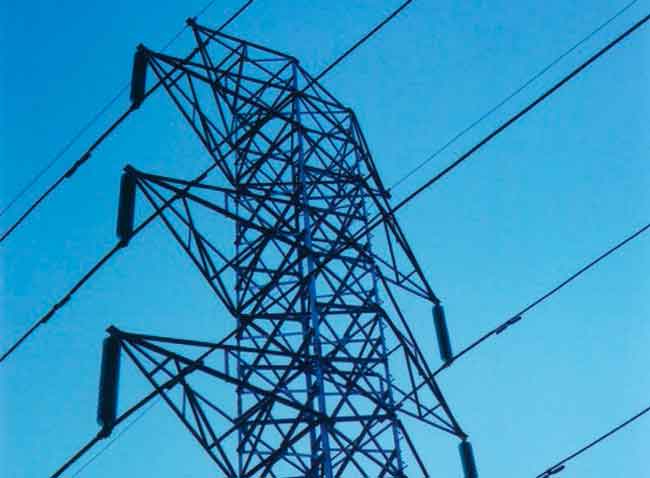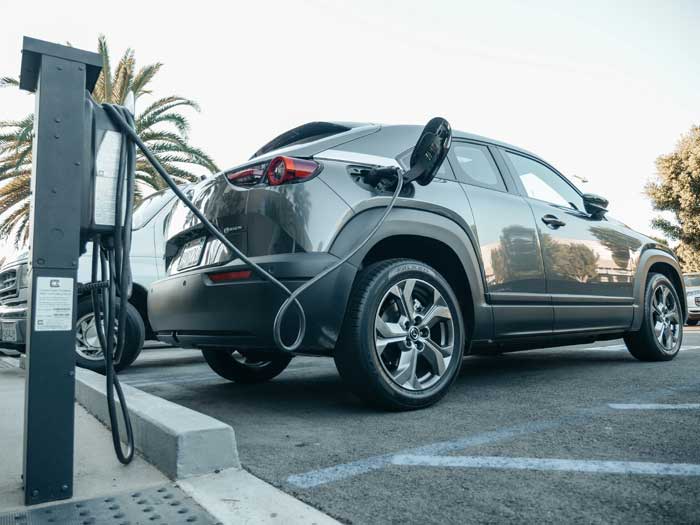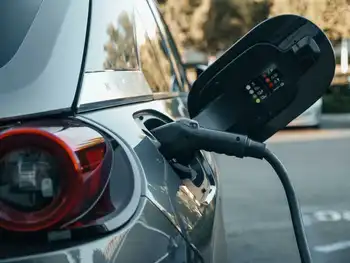Road to cheap electric cars will be bumpy
Electric cars are set to finally come into their own. Instead of stopping at the gas pump in the dead of winter to fill up, we could soon just pull into the garage and plug in. Although the electric car supposedly kicked the bucket in the seventies, steady advances in technology suggest that the electric car is about to undergo a resurrection – but it will not be without challenges.
In todayÂ’s climate of high and volatile oil prices, the affordability and stability of the electric car is driving interest in the technology. The electrical energy equivalent of gasoline would cost between 25 and 75 cents per gallon, compared to prices of over a dollar per gallon for gasoline.
Cost isnÂ’t the only advantage. According to Paul Denholm, a Senior Energy Analyst at the National Renewable Energy Laboratory, plug-in technology would also play a part in reducing greenhouse gas emissions.
“If you charge your car from coal-powered systems, the emissions are about the same, but anything better than a 100 per cent coal electric generator will do better than gasoline,” he says.
Using electricity from natural gas-fired plants reduces overall carbon dioxide emissions by about one-half, and renewable energy-generated electricity would cut emissions close to zero. In a place like Quebec, where hydropower dominates, emissions reduction would be significant.
TodayÂ’s plug-in electric hybrid vehicles are similar to the standard hybrid vehicles currently on the road, but the power they get from plugging in allows them to use electricity for 40 to 80 kilometers before kicking into an efficient combination of combustion and electric energy for longer trips. Matthew Stevens, a Chemical Engineering doctoral student at University of Waterloo, says this kind of technology can provide almost 200 kilometers per gallon for long-distance driving, and even more for shorter commutes.
“If you are driving 20 miles per day, you’re talking months between fill-ups,” he says.
But a report published in the June issue of Environmental Science & Technology reveals a hidden cost: electric cars use a lot of water. Because water is used in power generation and for cooling, a global switch to electric vehicles would send water usage through the roof. Every electric mile would require about 20 times more water than a gasoline mile.
The good news is that 85 per cent of that water can be recovered in the power plants and cooling systems that generate and transport the energy. But few countries have the abundance of water that Canada does. Carey King, a postdoctorate fellow at the Bureau of Economic Geology, and Michael Webber, Associate Director of the Center for International Energy and Environmental Policy – both from the University of Texas at Austin and authors of the report – say that the increase in water use may not seem like much, but for areas with water scarcity like the U.S. Southwest, it’s likely to pose a problem.
In spite of the water problems, Webber claims that electric cars are a step in the right direction, because they make mitigating environmental impacts a manageable challenge by consolidating emissions to power plants.
“It shifts the impacts from the car to the power plants, and the power plants have pollution impacts, water impacts, land impacts, and greenhouse gas impacts,” he says. “Overall those impacts will be smaller than what we’re doing with gasoline combustible-engine cars. It’s much easier to control those impacts at 1,500 power plants than 200 million automobiles.”
There is a lot to be gained from the introduction of plug-in vehicles to the market, and according to Webber, while some regions will struggle with the increased water usage, most regions wonÂ’t.
“We care (about water demand) if there’s a water scarcity issue, but there are a lot of water-rich parts of the (United States) where it doesn’t really matter,” he says.
More importantly, Webber adds, the study gives a heads up to policy makers to start preparing for the increase in water consumption.
“If we are worried about water, we need to go to electricity systems that don’t need water, or we need to go to cooling systems that don’t need water,” he says.
Related News

Trudeau vows to regulate oil and gas emissions, electric car sales
TORONTO - Liberal Leader Justin Trudeau vowed to regulate total emissions from Canada’s oil and gas producers as he laid out his first major climate change promises of the campaign Sunday, a plan that was welcomed by several environmental and climate organizations.
Trudeau said that if re-elected, the Liberals will set out regulated five-year targets for emissions from oil and gas production to get them to net-zero emissions by 2050, but also create a $2 billion fund to create jobs in oil and gas-reliant communities in Alberta, Saskatchewan and Newfoundland and Labrador.
“Let’s be realistic, over a quarter of Canada’s emissions come…





